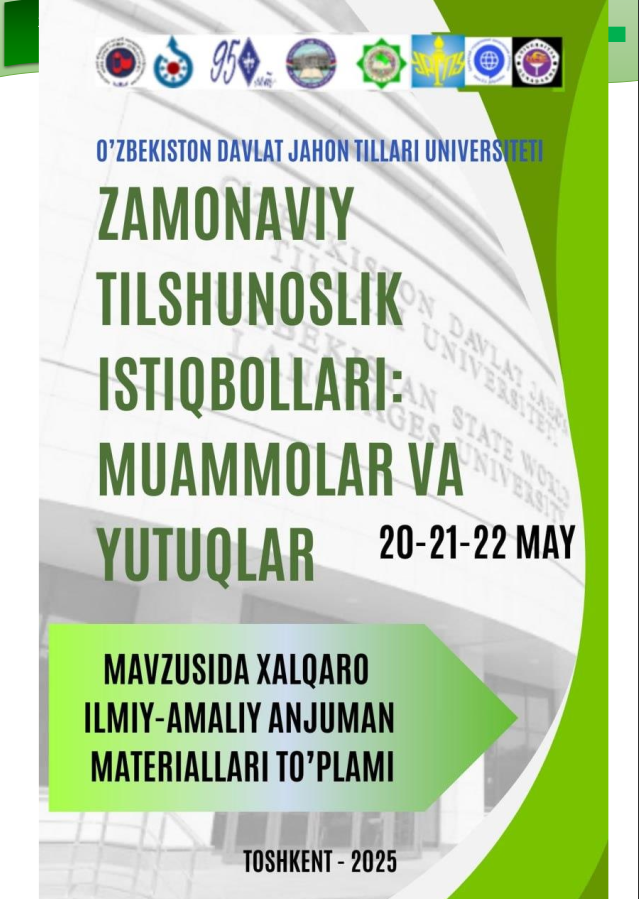TASK-BASED LANGUAGE TEACHING FOR VOCABULARY ACQUISITION: A STUDY OF INTERMEDIATE EFL STUDENTS
https://doi.org/10.5281/zenodo.15590290
Kalit so‘zlar
lexical acquisition, receptive processing, semantic comprehension, interactional dynamics, Task-Based Language Teaching (TBLT), contextual encoding, oral communicative fluency.Annotasiya
This investigation delves into the efficacy of Task-Based Language Teaching (TBLT) as a pedagogical framework for the explicit instruction of targeted vocabulary to intermediate learners of English as a Foreign Language (EFL). The study will critically examine the theoretical foundations of TBLT, elucidating its inherent affordances for fostering lexical development, particularly concerning the interplay between explicit instruction and implicit acquisition through communicative tasks. Furthermore, the paper will articulate empirically grounded strategies for the design and implementation of pedagogic tasks meticulously aligned with specific lexical objectives within the EFL learning environment. To empirically evaluate the proposed framework, a research study was conducted involving 9th-grade EFL students. Data collection methodologies were employed, and the resultant data were subjected to systematic analysis, the findings of which are presented and interpreted in detail.
Foydalanilgan adabiyotlar ro‘yhati
Rod Ellis International journal of applied linguistics 19 (3), 221-246, 2009
Linda Flower, John R Hayes College Composition & Communication 32 (4), 365-387, 1981
Yuefeng Zhang Contemporary task-based language teaching in Asia, 87-101, 2015
Skehan, P. (1998). "A Cognitive Approach to Language Learning." Oxford University Press.
1.Willis, J., & Willis, D. (2007). “Doing Task-Based Teaching”. Oxford University Press.
Stephen Krashen. Language Learning 29 (1), 151-167, 1979

